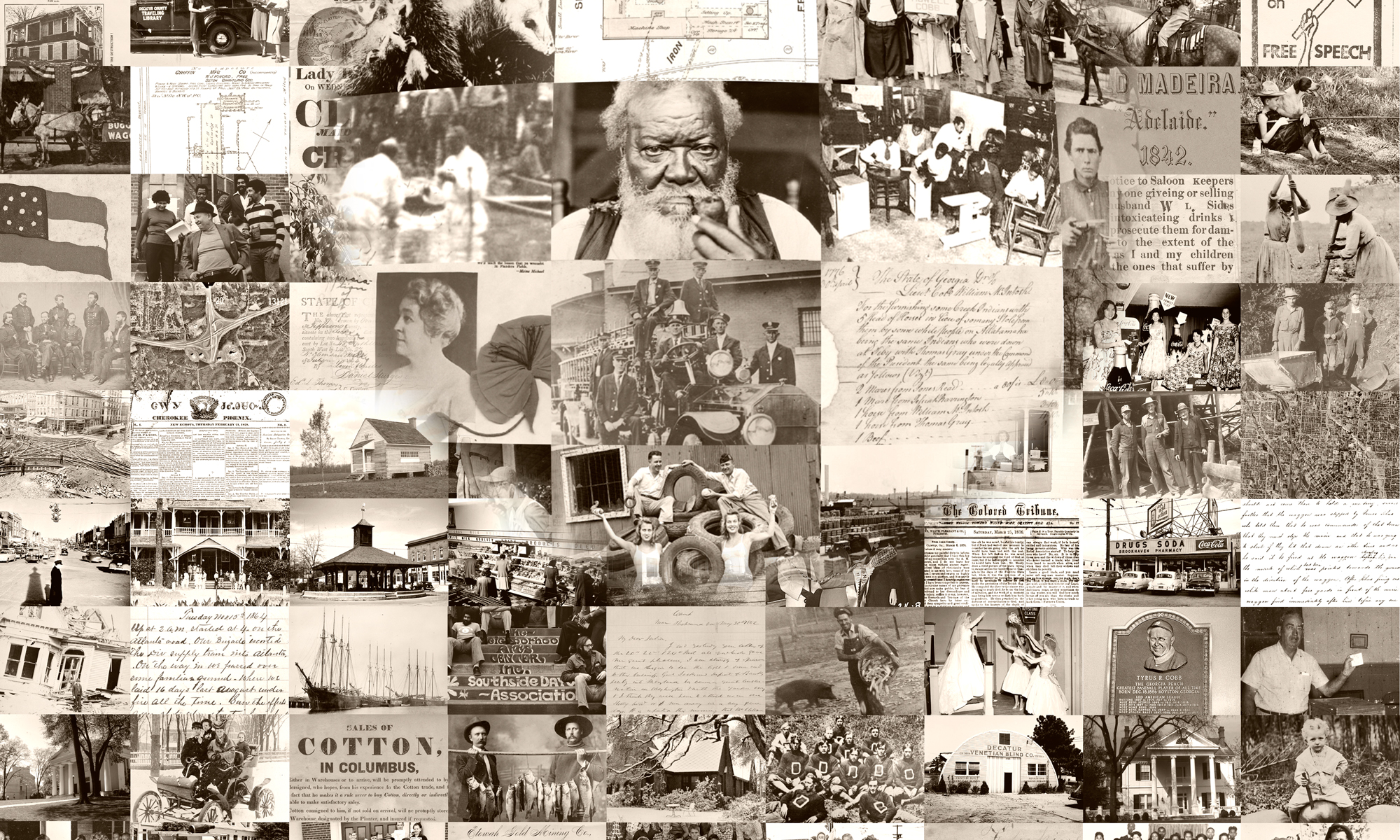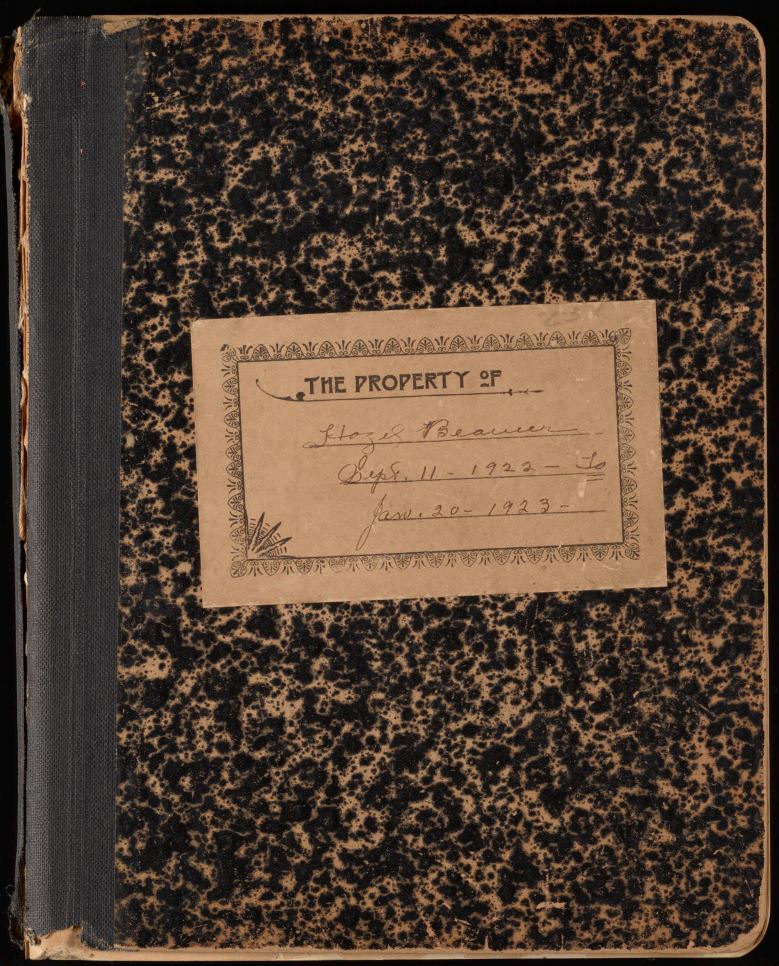The Digital Library of Georgia (DLG) is pleased to announce the availability of the Cutler Collection at https://dlg.usg.edu/collection/tchs_cutcol. These resources belong to the Thomasville History Center and have been made available online thanks in part to the DLG’s Competitive Digitization grant program, a funding opportunity intended to broaden DLG partner participation for statewide historic digitization projects.
The digitized items from this collection consist primarily of diaries, letters, and family papers dating from 1800-1980 belonging to Hazel Beamer Cutler, a dancer on Broadway who performed in the Ziegfeld Follies in the 1920s, and who resided in Thomasville, Georgia throughout much of her life. Included in the materials is genealogical research on the Quarterman and Baker families, pioneers of South Georgia; correspondence with visual artists Dora Wheeler Keith and Ben Ali Haggin, III, and Vermont banker Henry Miles Cutler. There is also some information about Candace Wheeler, founder of the American Decorative Arts movement.
These materials are useful to researchers looking into the history of American illustrator, portrait artist, and muralist Dora Wheeler Keith (1856-1940), who was Hazel Beamer Cutler’s guardian in New York City; and portrait painter and stage designer Ben Ali Haggin, III (1882-1951). Some materials in the collection refer to Candace Wheeler (1827-1923), Dora Wheeler Keith’s mother, who founded the Society of Decorative Arts in 1877 and was associated with the Colonial Revival, Aesthetic Movement, and the Arts and Crafts Movement throughout her long career. The Thomasville Baker and Beamer families developed a friendship with the New York Wheelers and Keiths while the Wheelers vacationed in Thomasville, Georgia during the Resort Era of 1875-1905. These items will shed light into the early twentieth century happenings within the field of decorative arts as well as the artistic work of Ben Ali Haggin, III and Dora Wheeler Keith. The Georgia-related materials on the Quarterman, Baker, Mallard, and Schaffer families collected by Hazel Beamer Cutler’s aunt, Sallie Baker (1862-1953), a Thomasville, Georgia educator, will be useful to genealogists. Hazel Beamer Cutler’s diaries provide a rich history of life in New York City and Thomasville, Georgia during the 1920s.
Anne McCudden, executive director of the Thomasville History Center, notes: “Having these items digitized will allow our staff and outside researchers to more fully engage with the collection. Currently, we only have a cursory knowledge of the content. Being able to access the collection (specifically the diaries) will allow interested parties to see into the daily life and of Hazel Beamer [Cutler] while she was living in New York City in the early 1920s…This collection also documents her time spent with Ben Ali Haggin III, who was from a prominent Kentucky family of artists and authors.”
About the Thomasville History Center
The Thomasville History Center is a non-profit community organization dedicated to ensuring that the appreciation of Thomasville’s unique history remains an intrinsic and unbroken thread connecting the past and future through settings that advance the town’s story. The History Center is supported by approximately 300 personal and business members, hosts approximately 3,000 visitors each year, and engages another 2,000 through community outreach. Nearly twenty percent of the Thomasville History Center’s audience are students and teachers. Visit the Thomasville History Center at https://www.thomasvillehistory.org/.
About the Digital Library of Georgia
Based at the University of Georgia Libraries, the Digital Library of Georgia https://dlg.usg.edu/ is a GALILEO initiative that collaborates with Georgia’s libraries, archives, museums and other institutions of education and culture to provide access to key information resources on Georgia history, culture, and life. This primary mission is accomplished through the ongoing development, maintenance and preservation of digital collections and online digital library resources. DLG also serves as Georgia’s service hub for the Digital Public Library of America and as the home of the Georgia Newspaper Project, the state’s historic newspaper microfilming project.


